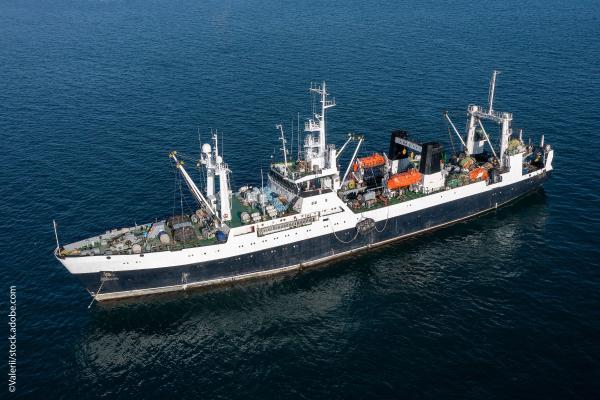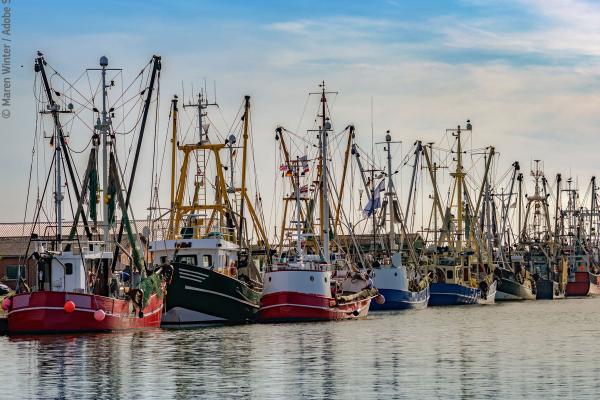Overview
EU countries are obliged to report annually on this balance, using the guidelines prepared by the European Commission.
Also on an annual basis, the Scientific, Technical and Economic Committee for Fisheries (STECF) reviews the national fleet reports and assesses the balance between the fishing capacity and the fishing opportunities for key fleet segments in the EU.
A fishing fleet capacity ceiling in kilowatts (kW) and gross tonnage (GT) is established for each EU country. New fishing vessels may enter the fleet only after the same fleet capacity (in kW and GT) is removed. Through this ‘entry-exit’ system, the EU’s fleet capacity is kept stable.
Access to waters
In general, fishing vessels registered in the EU fishing fleet register have equal access to all of the EU waters and resources that are managed under the common fisheries policy. Access to fisheries is normally authorised through a fishing licence.
There are two temporary exceptions to the rule of equal access
- an EU country can limit access in waters up to 12 nautical miles from its coast to certain vessels and fisheries
- in Europe’s outermost regions, access can be restricted in waters of up to 100 nautical miles from their coasts to vessels registered in these territories and to vessels that traditionally fish in those waters
The exceptions expire on 1 January 2032.
Fishing fleet register
The Commission maintains the EU fleet register with the necessary vessel information received periodically from EU countries.
Master data register
The Master data register contains data structures and lists of fisheries codes to be used in electronic information recording and exchanges among Member States and for Member States' communications with Norway with the purpose to record and report fishing activities.
News

- News announcement
The EU was granted fishing opportunities for chub mackerel at the North Pacific Fisheries Commission (NPFC) annual session, held from 15 to 18 April 2024 in Osaka, Japan. Chub mackerel is an important commercial species and EU fishing fleet will be allowed to participate in this NPFC fishery.
- 2 min read

- Press release
Today, the European Union requested consultations with the United Kingdom under the dispute settlement mechanism of the EU-UK Trade and Cooperation Agreement (TCA) regarding the United Kingdom's decision to prohibit the fishing of sandeel, with the aim of reaching a mutually agreeable solution.

- News announcement
The European Commission’s Directorate-General for Maritime Affairs and Fisheries welcomed stakeholders from the public and private sectors at the Fishers of the Future event in Brussels on 19 March 2024.
- 5 min read
